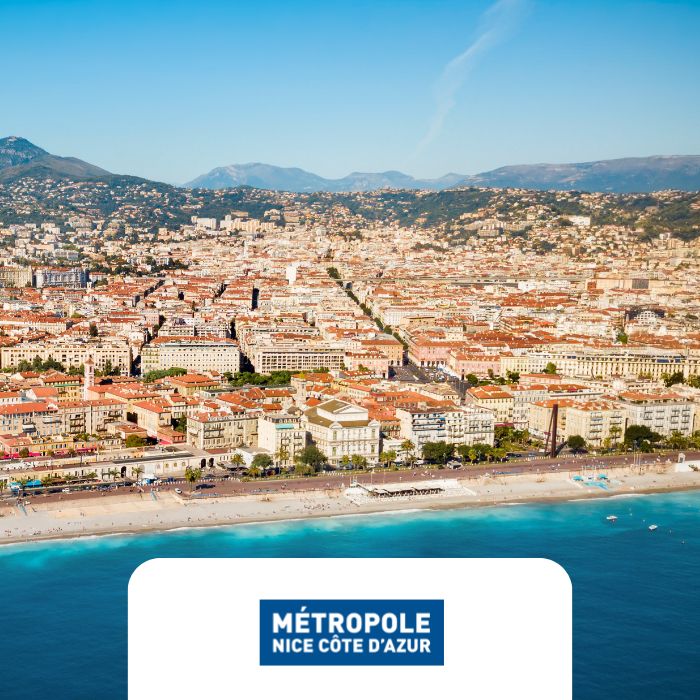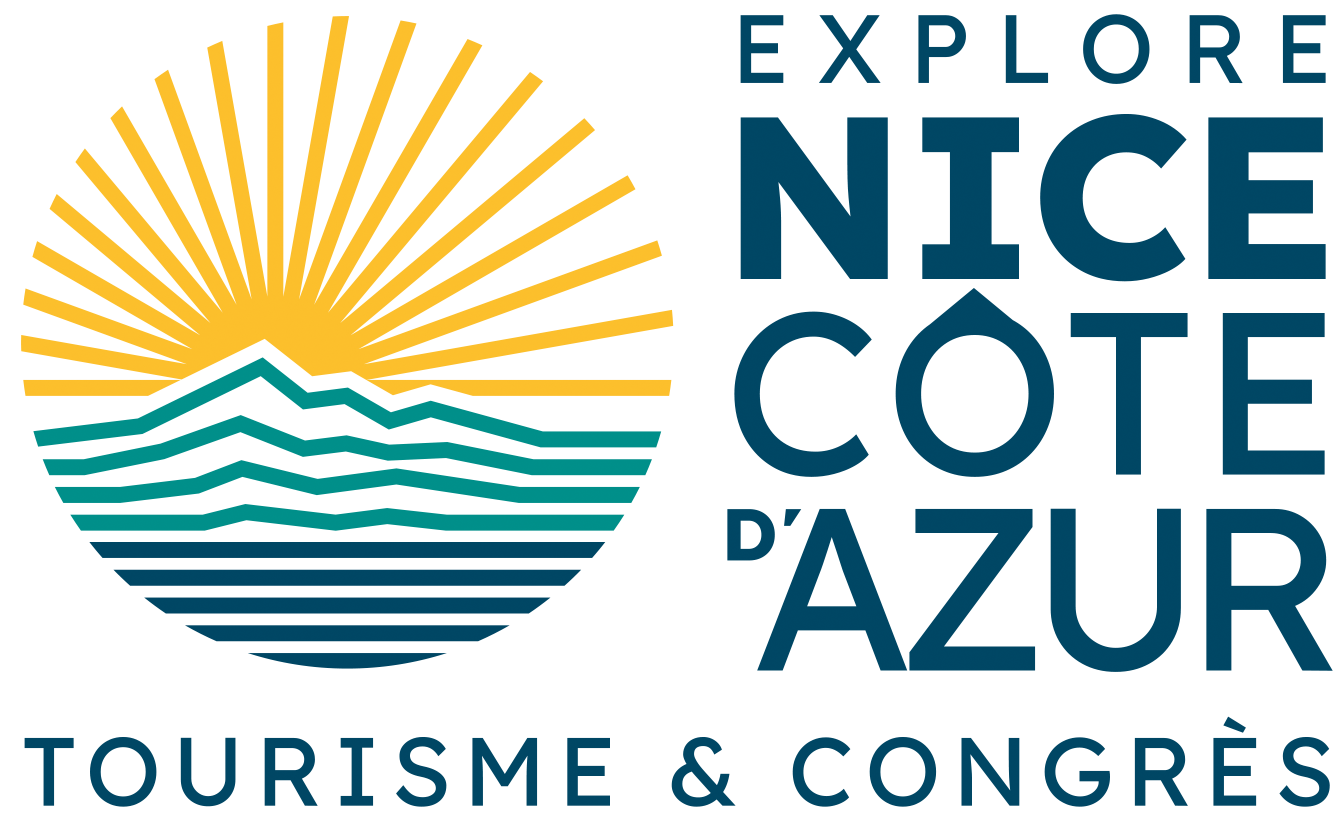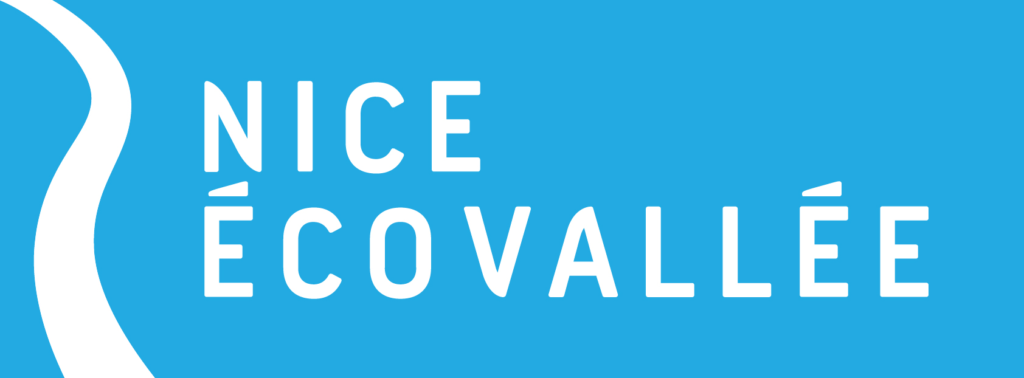
- The Nice Côte d’Azur Metropolis adopted the France Rénov’ territorial pact during the Metropolitan Council on July 11, 2025. This pact marks the transformation of the metropolitan energy renovation office into the Ecological Transition Office.
- Since its creation, the metropolitan office has financed energy audits for 4,500 housing units and eliminated fuel oil heating in 600 homes, for a total investment of €620,000. The Metropolis was recognized as Housing Organizing Authority (AOH) in May 2023.
- The new Ecological Transition Office consolidates several existing schemes (France Rénov’, OPAH, PIG) and broadens its missions to climate change adaptation. It offers three main areas: information, project support, and local territorial engagement.
During the Metropolitan Council, the Nice Côte d’Azur Metropolis also approved two deliberations with the French National Housing Agency (Anah), including the adoption of the France Rénov’ territorial pact, enabling the transformation of the energy renovation office into the Ecological Transition Office.
Since 2007, Nice Côte d’Azur has established itself as a key player in housing by efficiently overseeing the production, rehabilitation, and allocation of public housing. Already mandated by Anah for managing financial aid, the Metropolis has implemented several general-interest programs and planned housing improvement operations, and created a metropolitan office dedicated to energy renovation.
This office has already allocated €620,000 in aid, enabling 4,500 energy audits and the removal of oil heating systems in 600 homes. This dynamic was recognized in May 2023 with the status of Housing Organizing Authority (AOH).
Faced with challenges such as an aging population, home care, housing vacancies, and energy poverty, the Nice Côte d’Azur Metropolis is taking determined action to deliver concrete and lasting solutions.
The France Rénov’ territorial pacts, launched on January 1, 2025, are agreements between the State, Anah, and local authorities aimed at simplifying and strengthening household support for housing renovation (energy efficiency, comfort, accessibility, and combating substandard housing). They bring together former schemes (France Rénov’, OPAH, PIG, etc.) within a single local office: the Ecological Transition Office.
With the adoption of the France Rénov’ territorial pact, the reception and information missions provided by the Ecological Transition Office will be extended to new areas, better addressing the growing impacts of climate change that demand innovative responses for existing buildings. This initiative is part of the overall strategy to improve quality of life pursued by the Nice Côte d’Azur Metropolis.
This “climate office” aims to become the go-to reference for both the public and professionals in ecological transition. It will guarantee personalized, high-quality services, enabling:
- Greater coherence and visibility of metropolitan climate action,
- Structuring and energizing professional networks through local coordination,
- Strengthening advisory, information, and support services for individuals regarding home renovation on key issues: energy efficiency, substandard housing, housing adaptation for autonomy or disability, and reintroducing vacant housing to the market.
The new office will be structured around three major pillars:
1- Information, awareness, and guidance
- Centralization of existing aids (MaPrimeRénov’, CEE, Green Fund, etc.).
- Awareness campaigns on local challenges: climate risks, biodiversity, air and water quality.
- Orientation towards public services and local partners (CAF, ADIL, CCAS, etc.).
2- Personalized support and project engineering
- Energy renovation of buildings (housing, schools, condominiums).
- Urban and rural resilience: greening, cool islands, shared garden
- Water management: recovery, soil de-impermeabilization, flood prevention.
- Sustainable mobility: cycling promotion, carpooling, charging stations.
- Waste reduction: composting, repair workshops, recycling centers.
3- Local territorial engagement
- On-site services across the 51 municipalities, including valleys.
- Regular training for local officials and technical staff.
- Events and conferences for different audiences (schools, businesses).
- Promotion of exemplary citizen projects.
Through this France Rénov’ territorial pact, the Nice Côte d’Azur Metropolis reaffirms its ambition to build a more inclusive, sustainable, and resilient territory, serving all its residents.
(Source: Nice Côte d’Azur Metropolis press release)
Nice Côte d’Azur: a territory combining ecological transformation, urban innovation, and attractiveness
The Nice Côte d’Azur Metropolis is pursuing a large-scale transformation based on an integrated approach that combines economic development, environmental innovation, quality of life, and social inclusion.
Nice Côte d’Azur is positioning itself as both productive and attractive, as demonstrated by projects such as Parc Méridia, a national model for sustainable urban development under France 2030, led by EPA Nice Ecovallée and its partners. This 64-hectare mixed-use district will host 5,430 housing units, 6,000 jobs, and 23 hectares of renaturalized land. It embodies a new urban vision: dense, connected, ecological, and anchored in local sectors (circular economy, urban agriculture, environmental technologies).
This is part of the Nice Écovallée dynamic, along with the Grand Arénas international business district. In this strategic area, the future Nice Airport multimodal station—Europe’s first bioclimatic station—is under construction. It will connect the airport to national rail lines and soft mobility options, with an expected traffic of 3.8 million passengers per year.
Another major infrastructure project is Haliotis 2, a next-generation wastewater treatment plant whose foundation stone was laid on May 14, 2025. With an investment of €700 million, it will treat wastewater for 680,000 residents, produce biomethane, recycle water for urban irrigation, and generate heating and cooling for public buildings.
Urban transformation also includes an unprecedented effort to improve living conditions. The Promenade du Paillon – Phase 2, spanning 8 hectares, will transform a mineralized space into an urban forest, enhancing thermal comfort and restoring nature in the city. It reflects the broader vision of a green Mediterranean city, initiated in 2008 by the City of Nice, with new parks, school greening programs, tree planting campaigns, and most recently, the extension of the Saint-Jean d’Angély garden, combining public use, biodiversity, and climate adaptation.
Public health commitments are also recognized nationally: the City of Nice was awarded the “Ma Ville se Ligue” label for its exemplary actions in prevention, healthy food, air quality, and combating endocrine disruptors.
In 2023, Nice was designated the greenest city in France by Kermap, with 33% green coverage and 53 m² of trees per inhabitant. These results reflect the consistency of metropolitan action, driven by the 2019–2025 Territorial Climate, Air and Energy Plan.
Together, these projects embody a shared vision: a pioneering Mediterranean territory able to reconcile urban innovation, environmental excellence, economic development, public health, and quality of life. Nice asserts its ambition to become the green and blue city of the Mediterranean, serving both its residents and its international influence.













